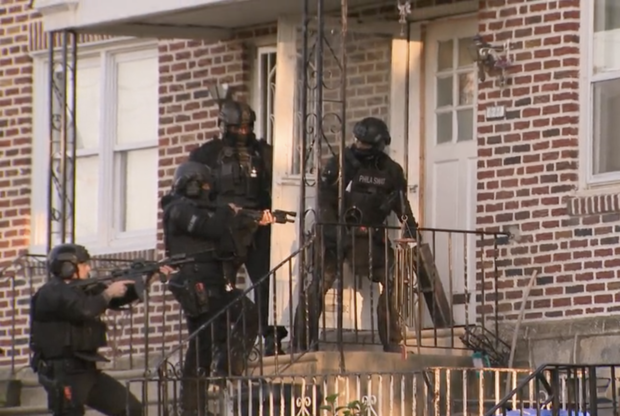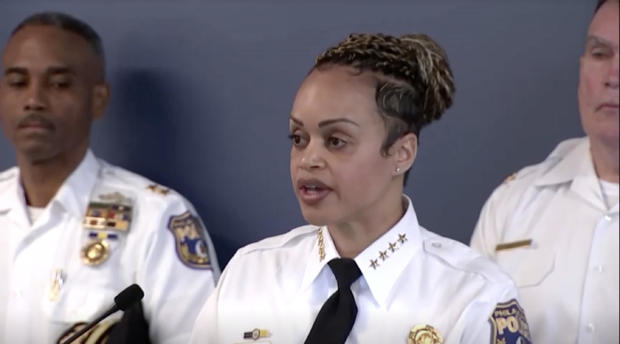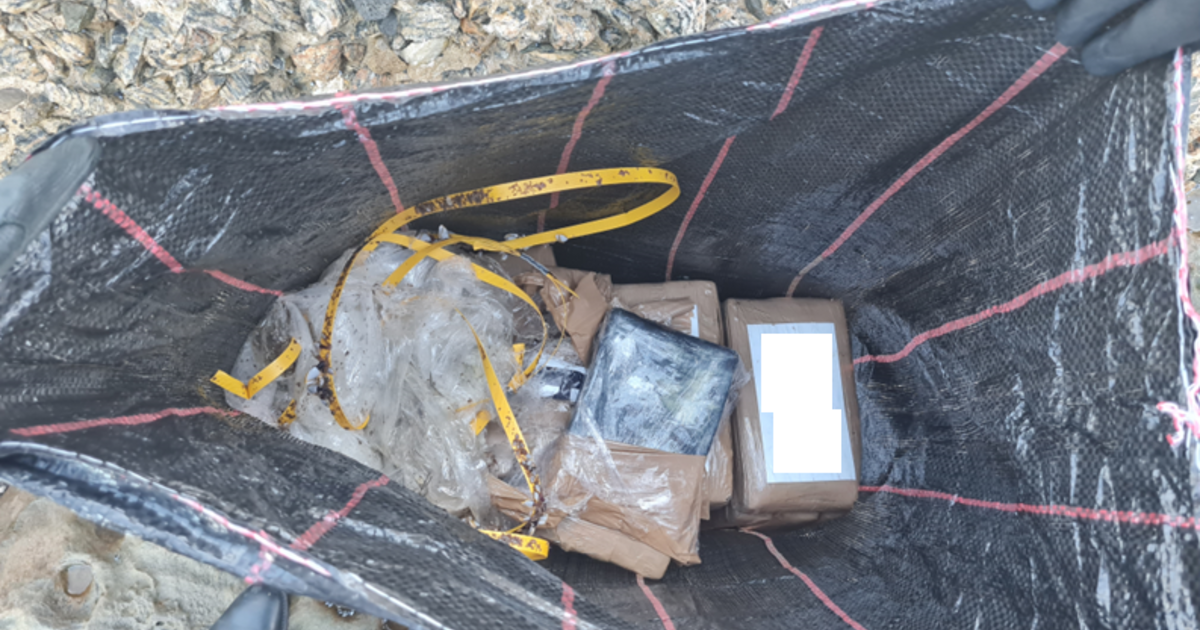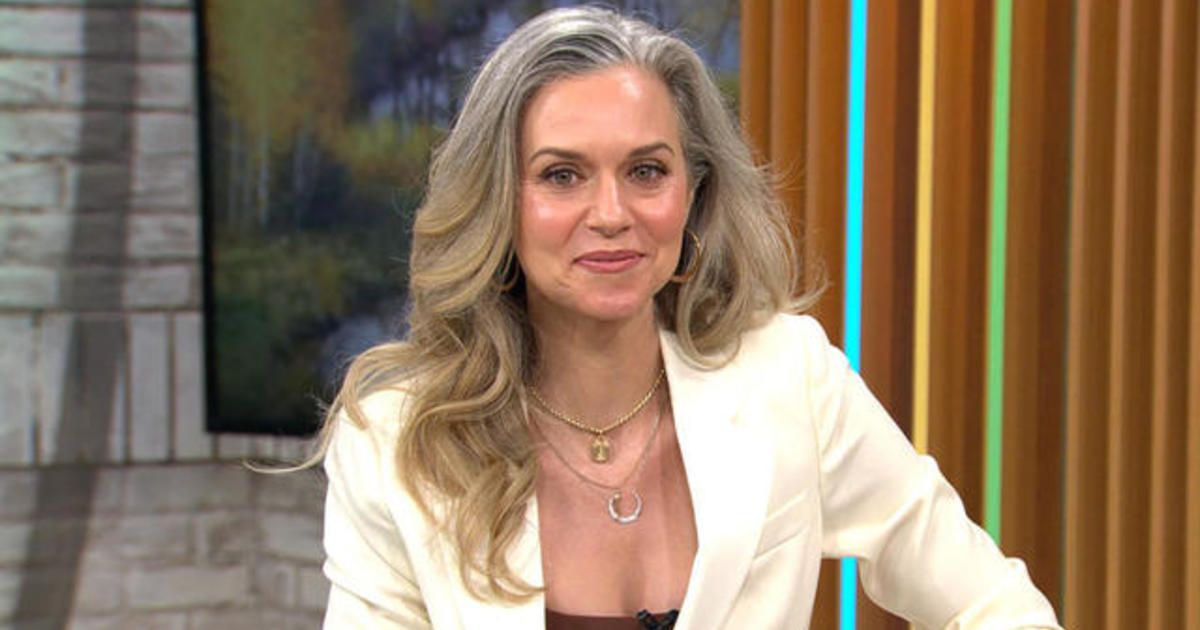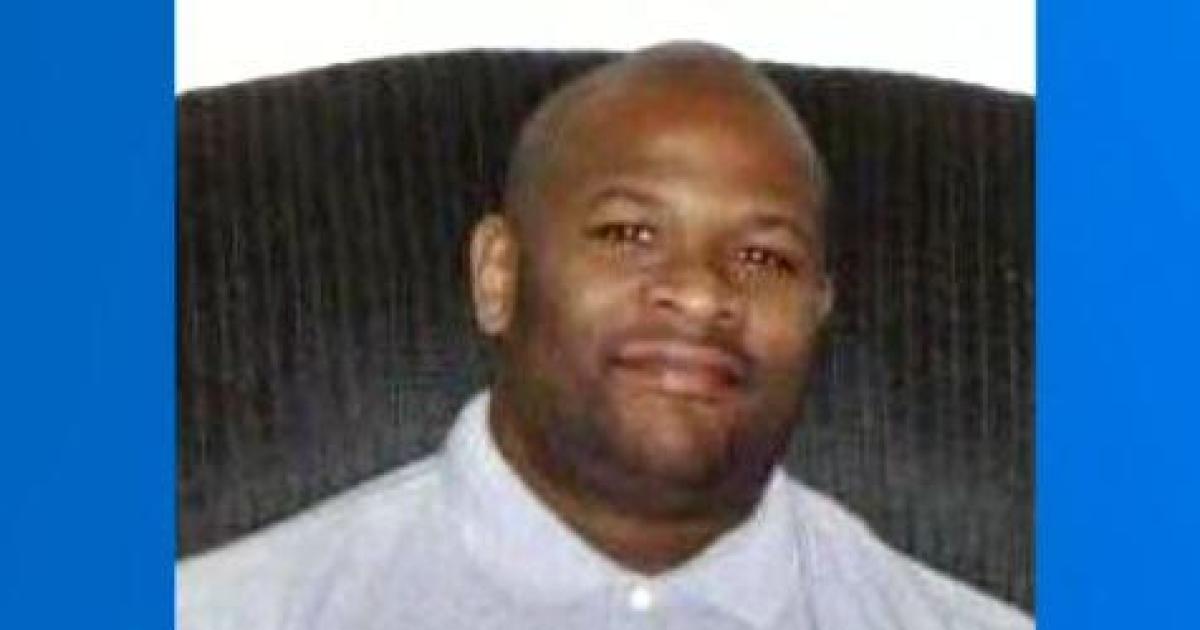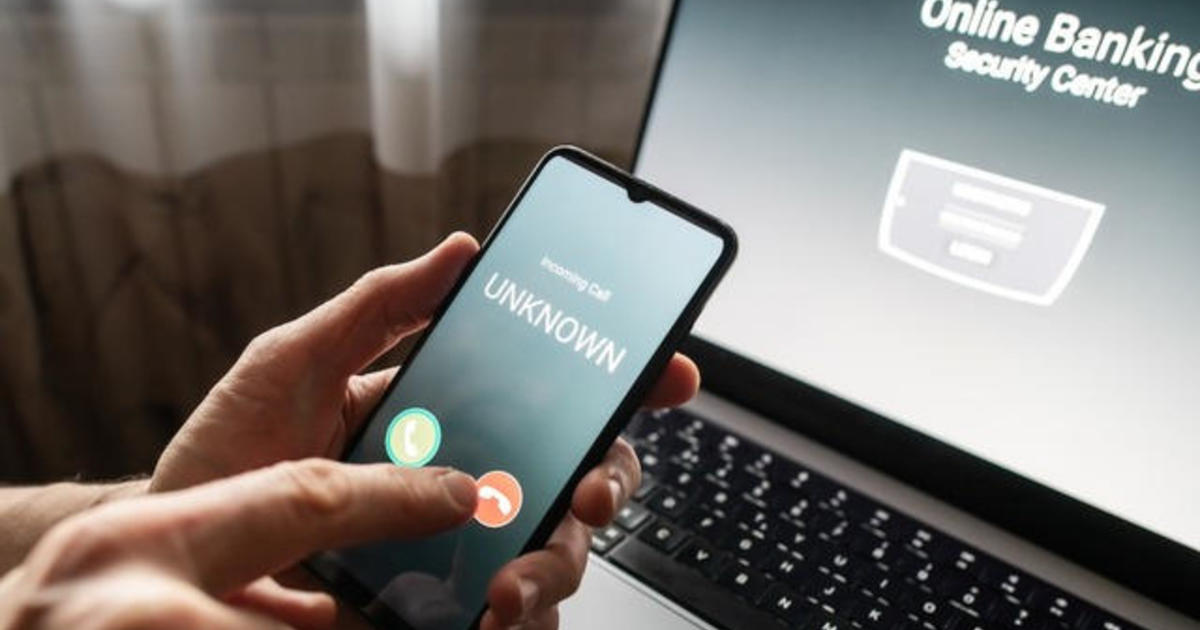In Philadelphia, and across U.S., police say "crushing volume" of killings outruns their ability to close cases
Just before dawn on a recent Thursday, a SWAT team and detectives from Philadelphia's homicide unit quietly snaked through the streets of the city's Mayfair neighborhood.
The overworked detectives were closing in on a possible murder suspect in the death of an immigrant Uber driver. Philadelphia saw 562 homicides in 2021 — more than ever before — and nearly half have gone unsolved. In this city, and across the country, the odds of getting away with murder are essentially a coin flip, the low point in a dramatic decline from the 1950s, when about 90% of murders led to arrests, according to FBI data analyzed by CBS News and an independent group, the Murder Accountability Project.
That's why Detective Joe Murray and his six-person squad were up at 4 a.m., moving toward the home where a person they believed was captured on surveillance camera shooting and killing the Uber driver before fleeing in a getaway car may have been holed up.
The SWAT team took a battering ram to the front door. "Police with a warrant! Police with a warrant! Breach!"
Minutes later police had two people in custody, one of whom would be charged with murder and accused of being the getaway driver. His cell phone led police to another suspect, who was also charged with murder. Their attorneys declined to comment on their cases. But for Murray and police around the country, the process of solving cases is simply being outpaced by the drumbeat of new killings.
"We just keep going and going and going," Murray said. "It's just the volume, just comes in, and it just crushes you."
Thomas Hargrove, whose nonprofit Murder Accountability Project crunches national data collected by the FBI to track how often murder cases are solved, says "it has never been this bad."
"And unfortunately it is directly related to the rate at which murders occur. So when killers increasingly are walking the street, the rate of murder rises," Hargrove said.
After a June 4 shooting left three dead and 11 wounded on South Street in Philadelphia's bustling commercial center, police swarmed the area looking for evidence, leading to three arrests. Capt. Jason Smith said the homicide unit approaches murders throughout the city "with the same zeal."
But that zeal doesn't deliver equal justice. CBS News analyzed decades of unsolved murders across the country, and found stark racial disparities in the clearance rates — the share of cases each year that are solved. In 1995, nearly three quarters of homicides involving a White victim led to an arrest, compared to 64% of homicides involving a Black victim. By 2020, that gap in clearance rate had widened into a chasm, increasing for victims who were White and decreasing for those who were Black. That year, 87% of homicide cases involving a White victim led to an arrest, compared to 59% of homicides involving a Black victim.
"It is stunning. It's not just here. It's not just here," said Danielle Outlaw, the commissioner of the Philadelphia Police Department, the nation's fourth largest force.
"We have to look at who crime impacts the hardest and the most. It's our communities of color," Outlaw said.
Outlaw, the first Black woman to lead the Philadelphia Police Department, said violent crime is on the rise "in communities where people look like me."
"We don't pick and choose which cases fall in our lap. [What] we need is a collaborative effort in solving these cases and an acknowledgment to what I think is there now, that it's going to take more than the police to clear these cases," Outlaw said.
But Outlaw acknowledged a history of "systemic inequities that contribute to the mistrust" in many communities most affected by crime.
"And then also things that the police have done and we've gotten in our own way," Outlaw said. "It has to be a two-way street, as it is with any relationship."
That relationship has been strained in part due to perceived over-policing, according to Adam Gelb, president of the nonprofit Council on Criminal Justice.
"It's not just as simple as saying we need better relations between the community and police," Gelb said, adding that many police departments emphasize patrolling "poor neighborhoods, and black and brown communities," but don't devote adequate resources to solving major crimes in those communities.
"A lot of these communities feel like they are saturated with police who are running around after minor offenses, but then really don't put the resources that are required into the more serious cases and particularly in the solving (of) murders," Gelb said.
Nearly halfway through 2022, there have been 254 homicides in Philadelphia. More than half remain unsolved.
"We live this. My phone rings throughout the night," Outlaw said. "I respond to scenes. Same thing with our homicide detectives, everybody. Our passion isn't lost."
